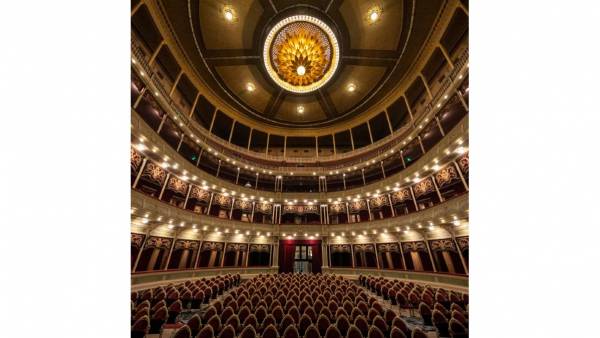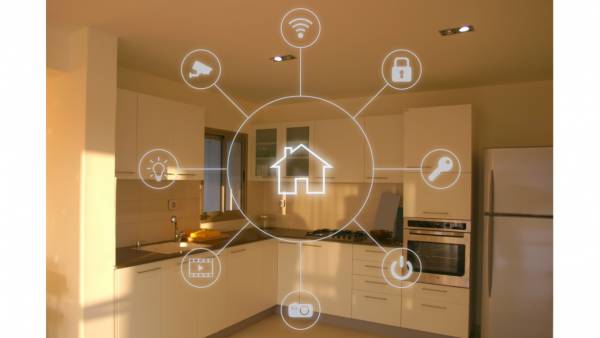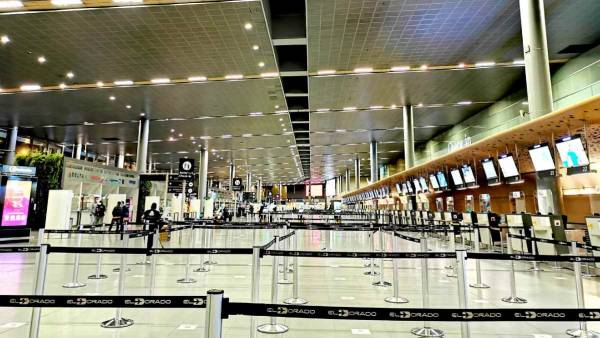 Latin America. Within the facilities of a hotel the user experience must be unique. Guests have changed their habits of use and with the development of technology, coupled with the explosion of the Internet of Things (IoT), they demand greater and greater connectivity, accessibility to the network and security of their information, issues have put in check the administrators and operators, who have had to adapt to these new requirements.
Latin America. Within the facilities of a hotel the user experience must be unique. Guests have changed their habits of use and with the development of technology, coupled with the explosion of the Internet of Things (IoT), they demand greater and greater connectivity, accessibility to the network and security of their information, issues have put in check the administrators and operators, who have had to adapt to these new requirements.
Therefore, now it is no longer enough to have an infrastructure that guarantees access to the network only in common spaces, but at each point of the hotel with the least possible failures.
With the explosion of IoT the number of connected devices increases and so does data traffic. Accessing social networks through smartphones, checking business emails on computers or tablets, making calls through the cellular network, are just some examples of the new needs that hotel managers must face. However, for Jorge Herrera, New Business Development at CommScope (a company that will be present at ExpHotel Cancun from June 13 to 15), not everyone in the hotel market has given the necessary importance to this aspect:
"In Latin America the percentage of what we can call 'technological awareness' on this issue is very low. We are talking about that only about 30% or 40% of the hotel sector in the region has taken real measures to meet these new needs of guests. This not only impacts the user experience, but can also have an impact on economic losses of the hotel itself, both for losing guests and for not having the ability to open up to new investment markets."
However, with the growth in demand for more agile and efficient network connections, guests are not the only ones demanding a better network infrastructure. Managers today also face great challenges to cover, such as maintaining the security of their guests' data or the efficient management of all the information in their systems, situations that for a sector that exceeds 14 million dollars in investment each year, according to data from Global Insight, they are essential to avoid losses.
"The change in the technological culture of the hospitality sector is no longer about something in the future, this change must be made now, because with data traffic on the rise and the growth of bandwidth, it is necessary to contemplate network solutions that provide total coverage," added Jorge Herrera. "It's no longer just about improving the user's stay, but also about making processes more efficient for administrators and operators. This implies, for example, implementing automated management tools or wiring systems that avoid disconnections or intermittencies, all always in order to maintain an efficient and connected hotel."
For Jorge Herrera, change has already begun and is developing at great strides, but there is still a long way to go. To properly prepare for this new "technological present", you must begin to consider investment in network infrastructure as a necessity, and not as a luxury or an expense:
"This is why it is important that companies like CommScope participate in events such as ExpHotel Cancun 2017, since the change in the technological culture of the sector has to occur from suppliers and builders. Because of this, it is important for us to present the solutions we have for the sector, and show the value of the strategic alliances we have with our partners, such as Luguer and Suro Systems that will accompany us on this occasion".
The technological culture has impacted both guests and operators. Today hotels are no longer just resting places, but true tourist and business complexes that must meet the demand for the new services that technology has driven. In the hospitality market, technological advances, the demand for connectivity and access to networks have meant that investment in network infrastructure must be considered from the beginning a primary requirement.
"This new culture is driven by the demands that customers have, either in the tourist part or the business part, and the need to meet their growing demands. But it is nothing more than that, but these requirements have caused that administrators must consider from the planning the infrastructure of their network, which has caused an exchange of technological culture, now from the builder.
In Mexico, as in other Latin American countries, the existing backwardness in this aspect is a great opportunity in the hotel market, so national and foreign investors have to see the potential and market opportunity. To show this is a great commitment that we have with our customers, so during ExpHotel, always hand in hand with our partners, we will present innovative solutions in the sector", concluded the New Business Development in CommScope.


























Leave your comment